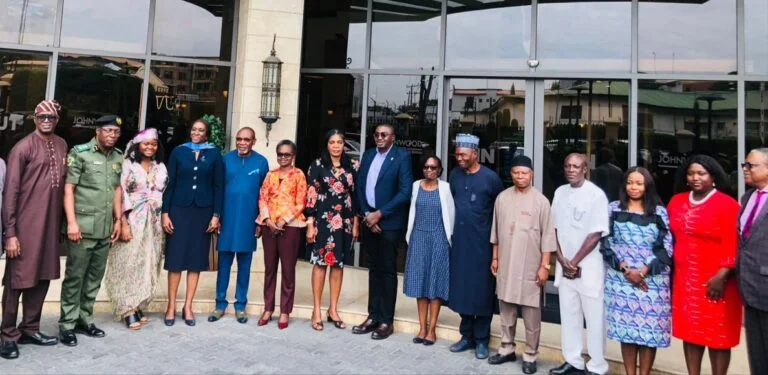The Federal Government has reaffirmed its commitment to halting biodiversity loss across Nigeria by the year 2030.
This pledge was made on Wednesday by the Minister of Environment, Malam Balarabe Lawal, during a validation workshop for the National Biodiversity Strategy and Action Plan (NBSAP) held in Abuja. Lawal was represented by Dr Amah Moses, Director of the Forestry Department in the ministry.
He said the event marked a significant step in aligning Nigeria’s environmental policies with the Kunming-Montreal Global Biodiversity Framework.
“By 2030, all areas will be effectively managed to reduce the loss of high biodiversity areas to near zero,” he stated.
He noted that Nigeria, endowed with rich flora and fauna, must adopt a strategic approach to ensure the protection, restoration, and sustainable use of these natural assets. He also stressed the importance of biodiversity to ecological balance, economic growth, cultural heritage, and food systems.
“Biodiversity is not just about conservation, it is the foundation of our ecosystems. It provides food, medicine, clean water, and healthy soils,” Lawal added.
He urged collaborative efforts to ensure Nigeria’s transition towards an environmentally resilient and sustainable future, recalling Nigeria’s proactive role—alongside ECOWAS—in shaping the Kunming-Montreal framework between 2020 and 2022.
Dr Agnes Asagbra, Director-General of the National Biosafety Management Agency (NBMA), reaffirmed the agency’s dedication to biodiversity protection and its partnership with the environment ministry.
“The private sector also has a key role to play, especially in biotech and agriculture-based industries, to support biodiversity through corporate social responsibility,” she said.
Mrs Ibironke Olubamise, Coordinator of the UNDP Global Environment Facility Small Grants Programme (GEF SGP), also spoke at the event, highlighting the programme’s continued support for biodiversity across Nigeria.
“Biodiversity has always been a priority. To date, we have supported between 60 and 70 biodiversity projects in Nigeria,” she said.
Olubamise added that their interventions have spanned almost all the national parks, supporting NGOs and local communities in conservation efforts throughout the eight traditional parks nationwide.
(NAN)


